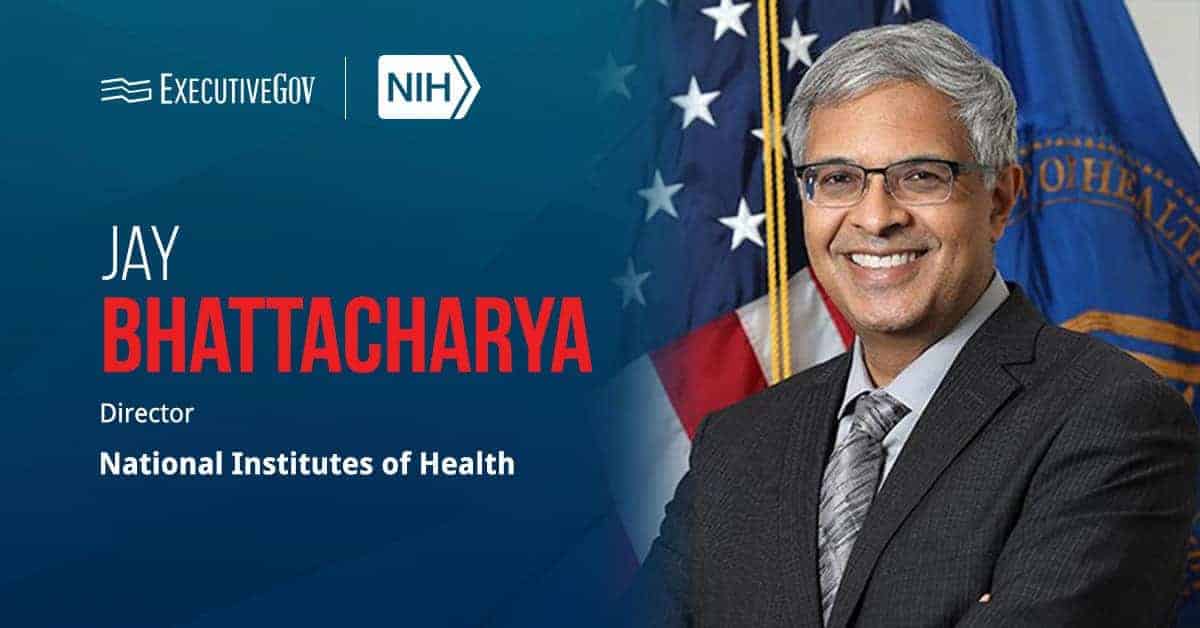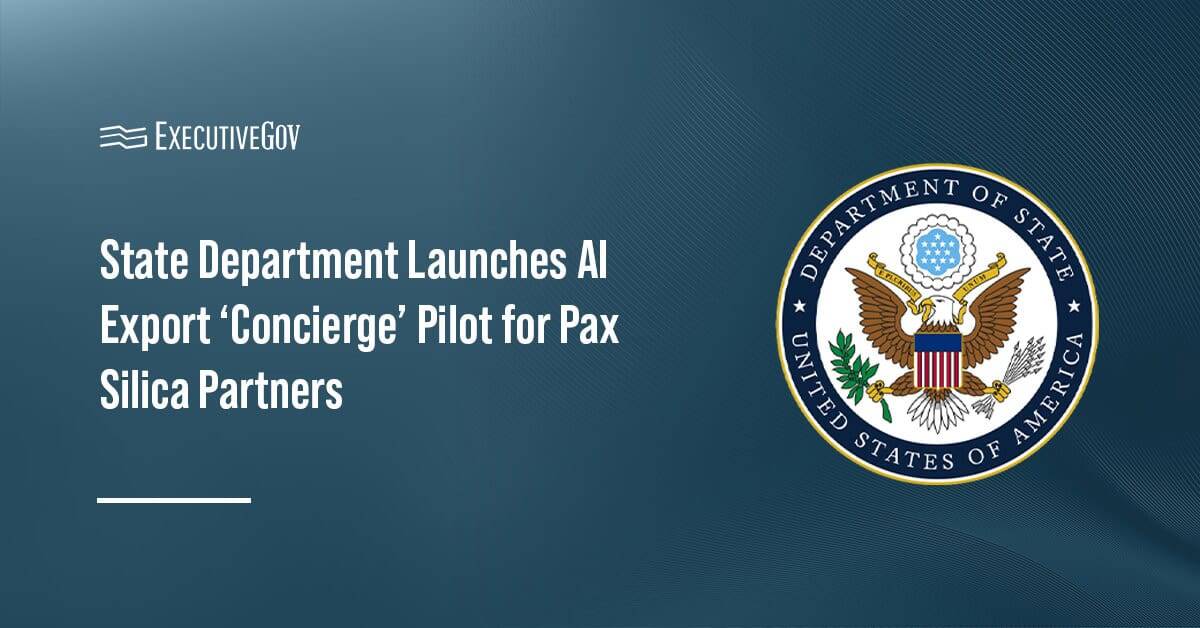Executive Mosaic’s GovCon Index fell by 0.03% last week. This slight loss marked the end of a four-week growth trend.
GovCon Index is an aggregate index that presents real-time data on the stock market performance of 30 major government contracting companies. This information enables users to analyze the financial success of each tracked organization and gain insights into the broad trends shaping today’s GovCon marketplace.
GovCon Index began last week with a 2.15% drop on Monday. It jumped back into positive territory on Tuesday, and made slight gains on Wednesday. On Thursday, GovCon Index rose by a notable 1.74% — an increase driven by Palantir’s 11.25% rise. Though growth continued on Friday, GovCon Index stayed negative overall.
For more details on daily GovCon Index performance, check out last week’s market reports. To access the complete list of tracked companies, click here.





